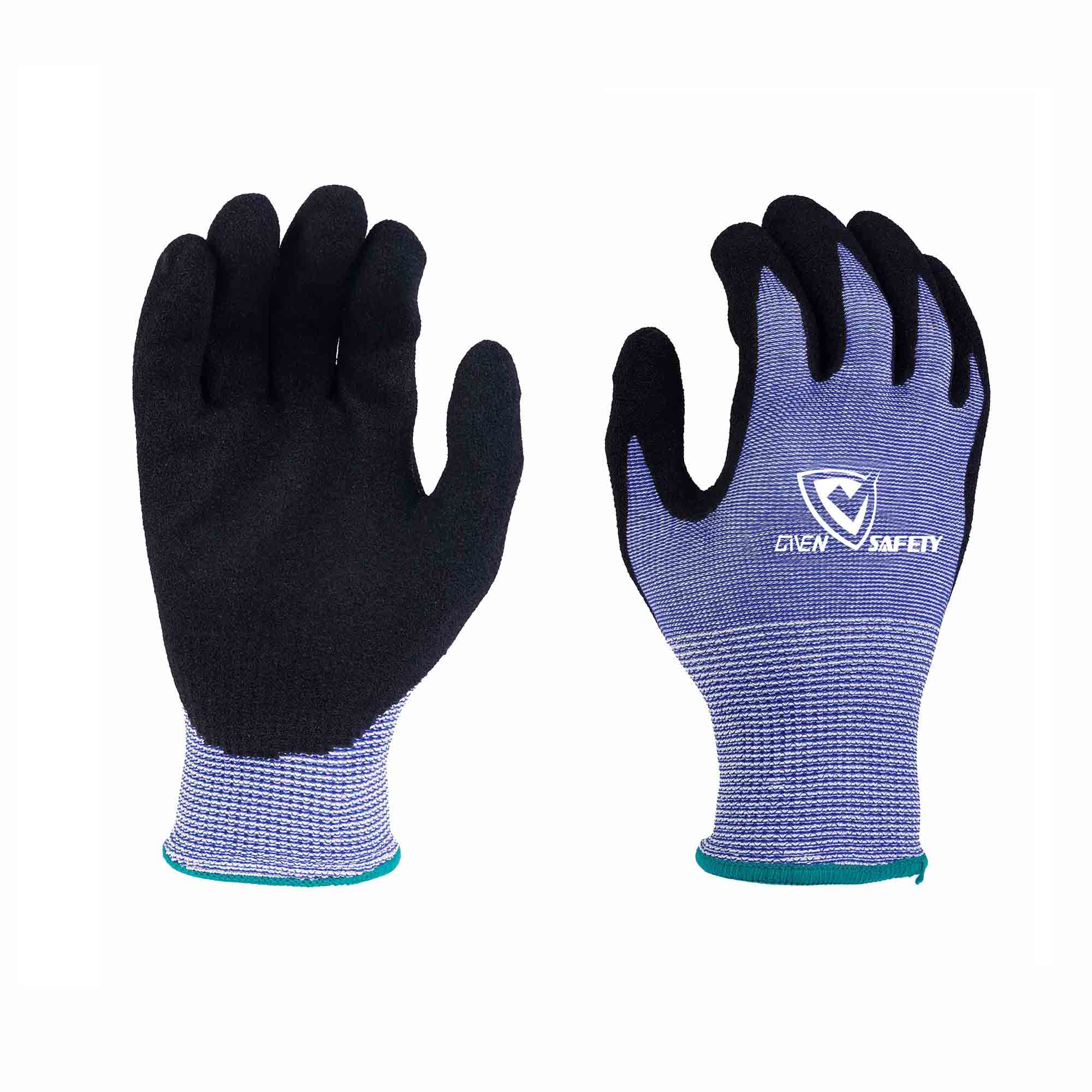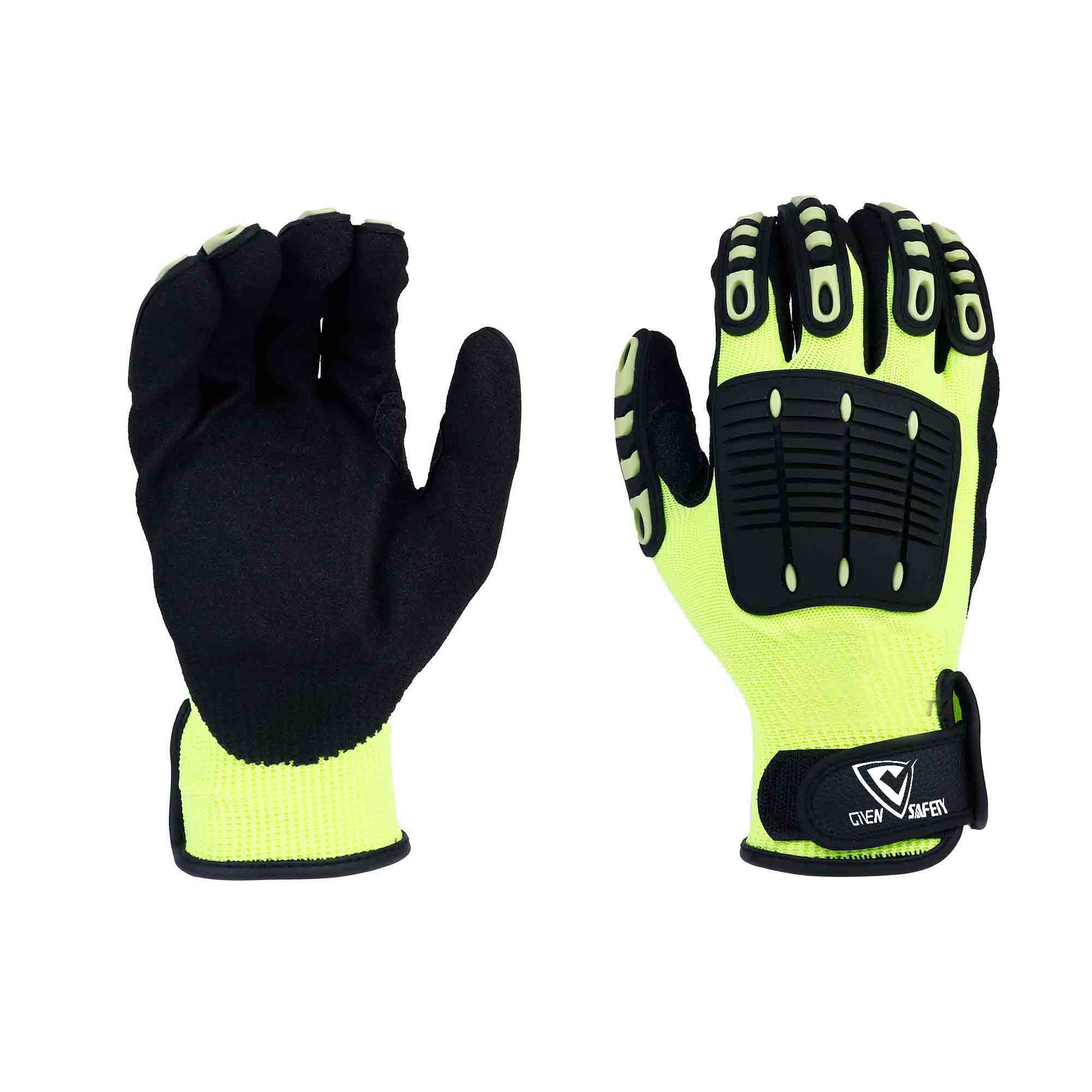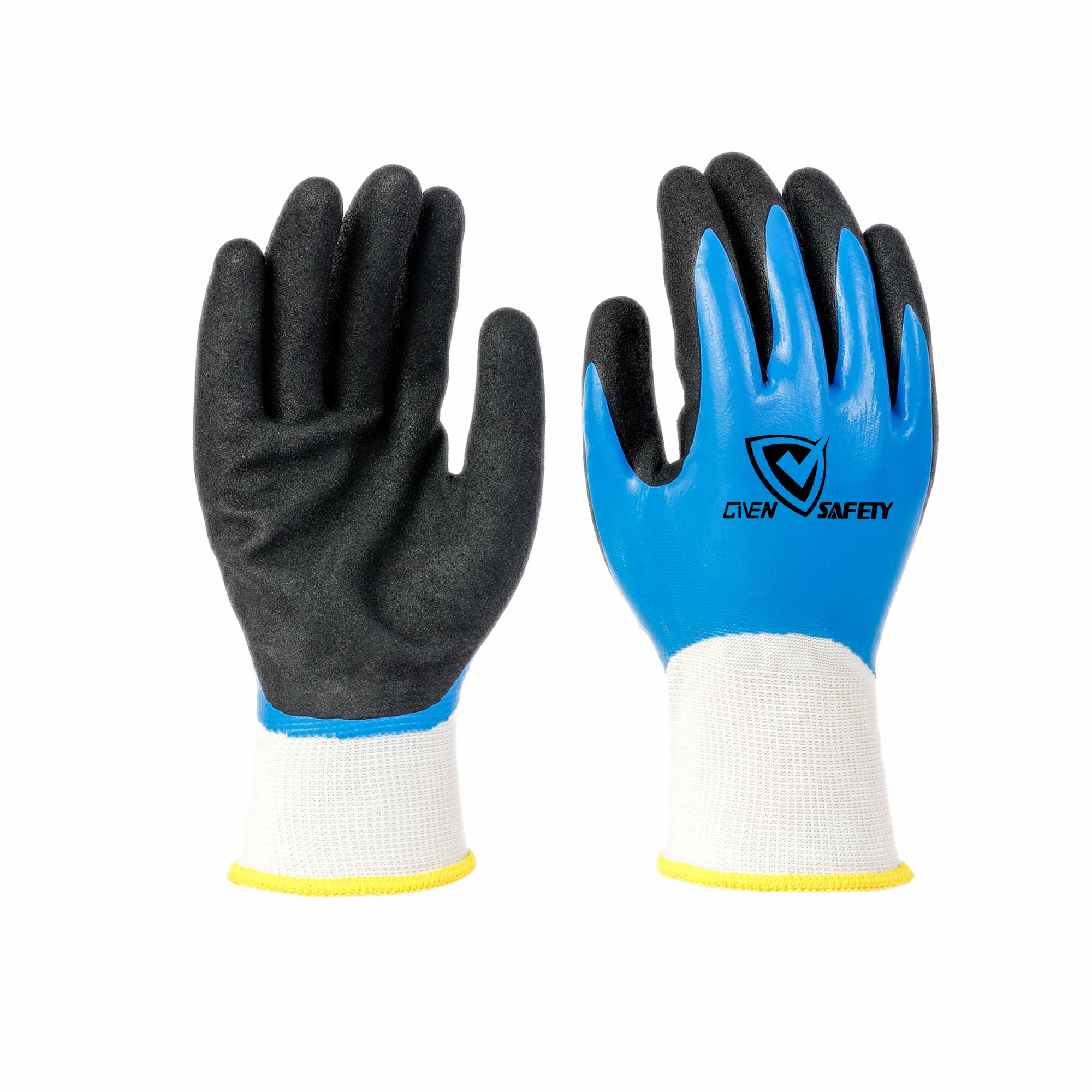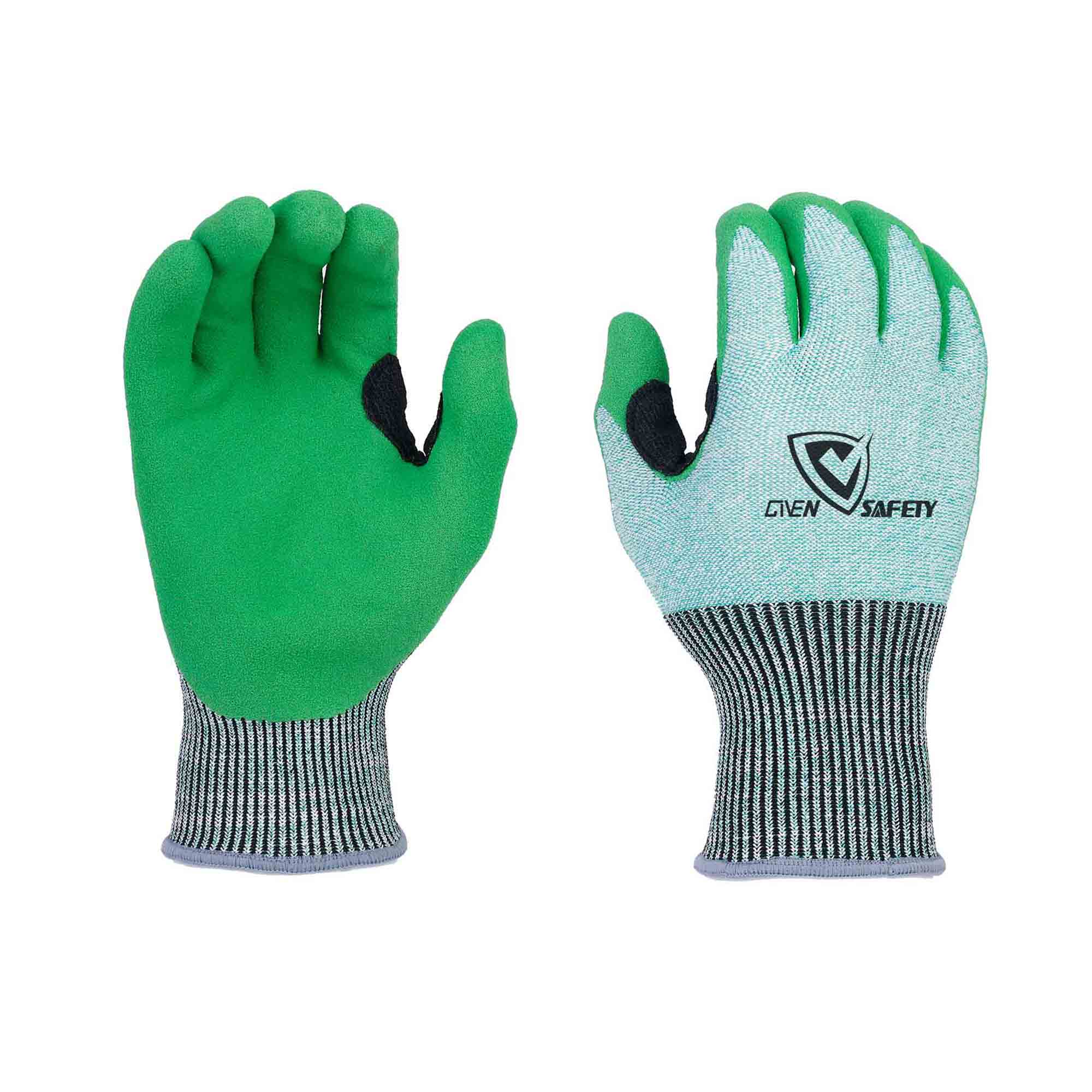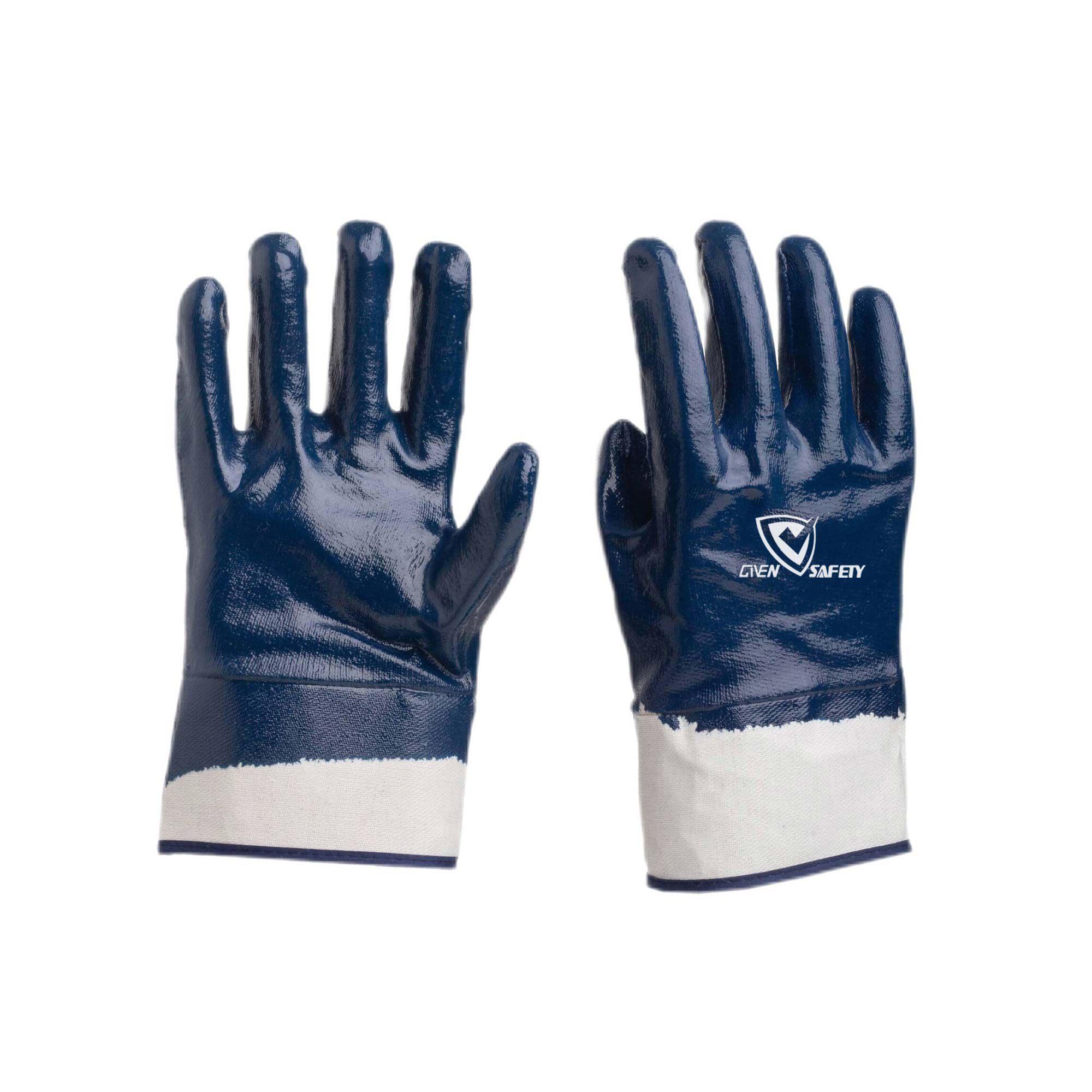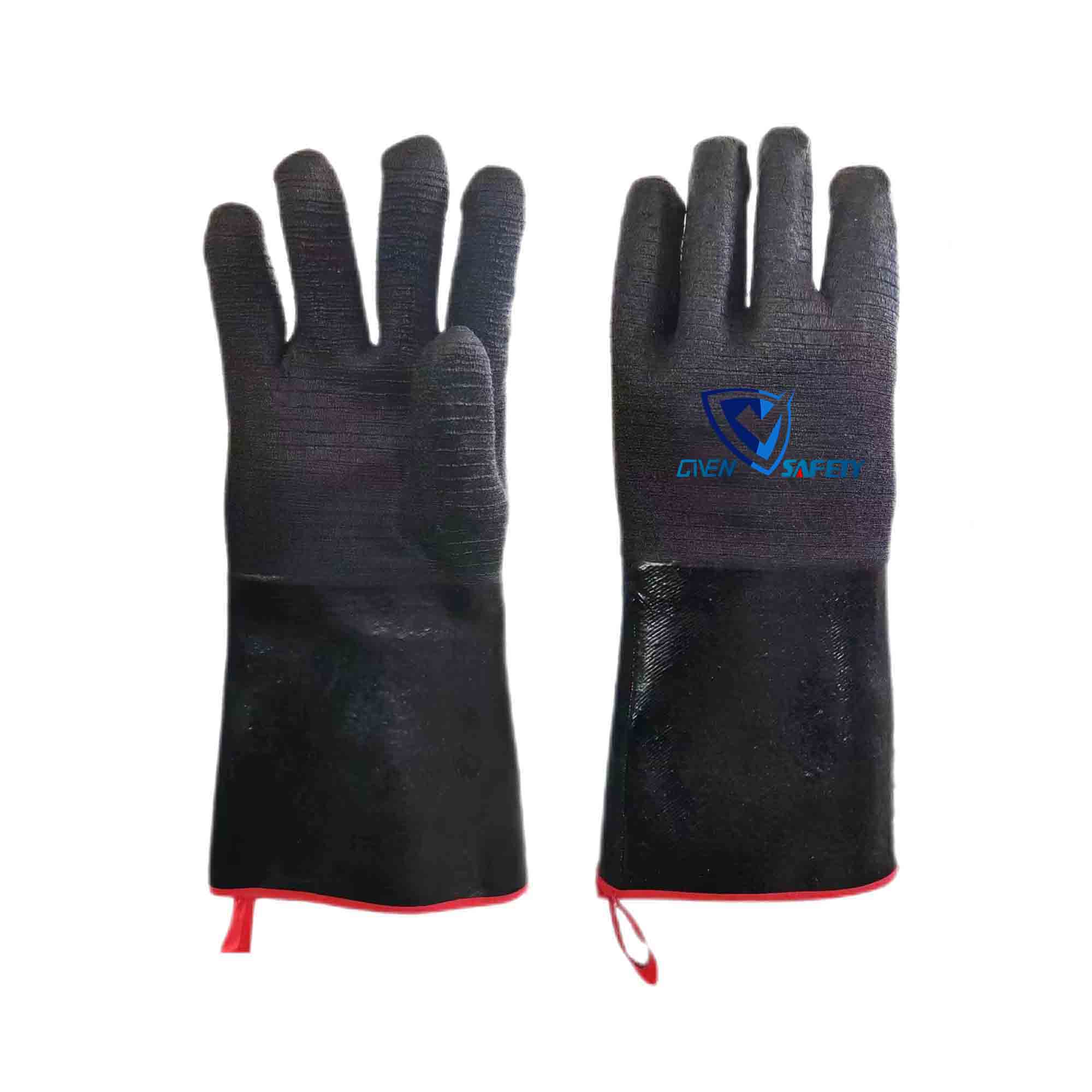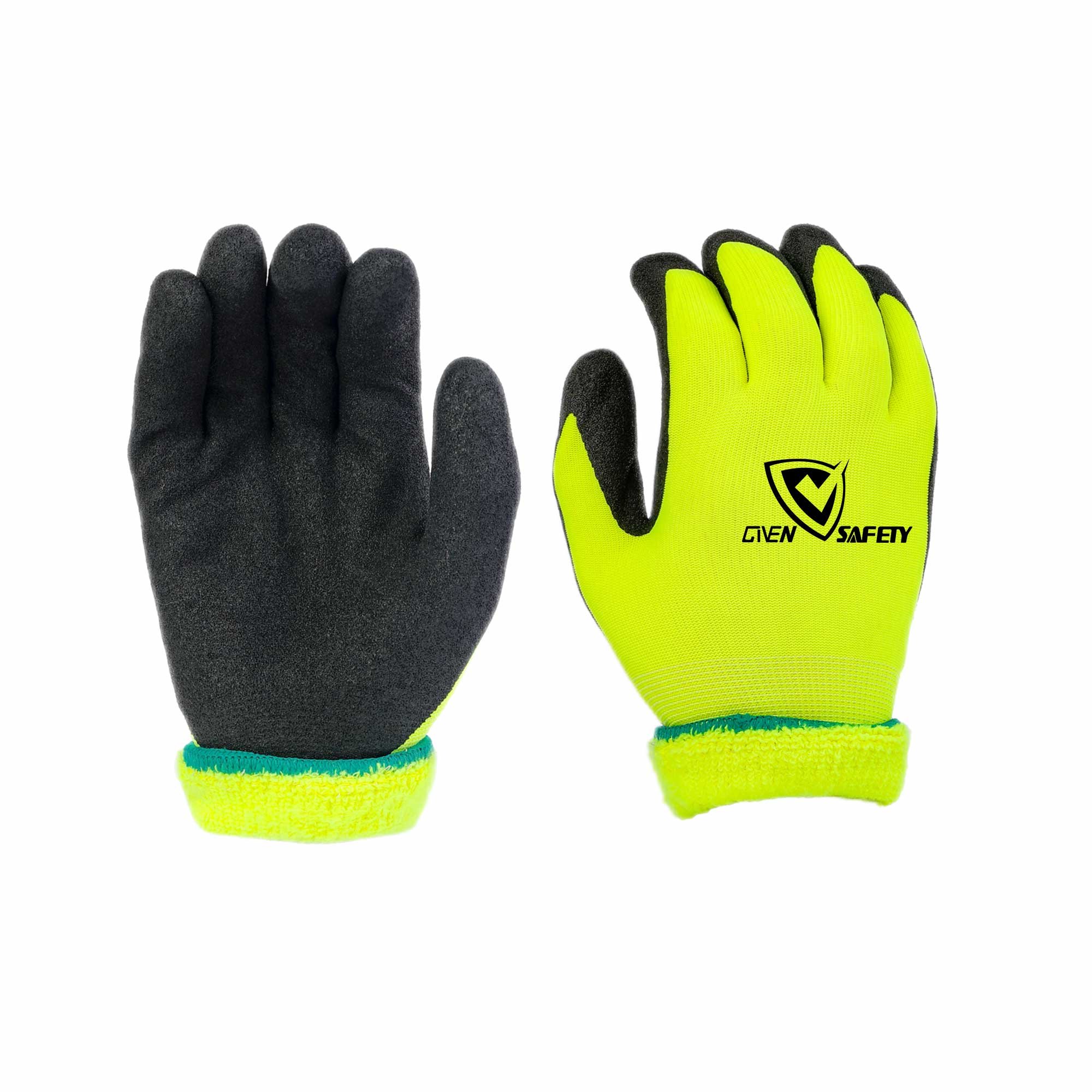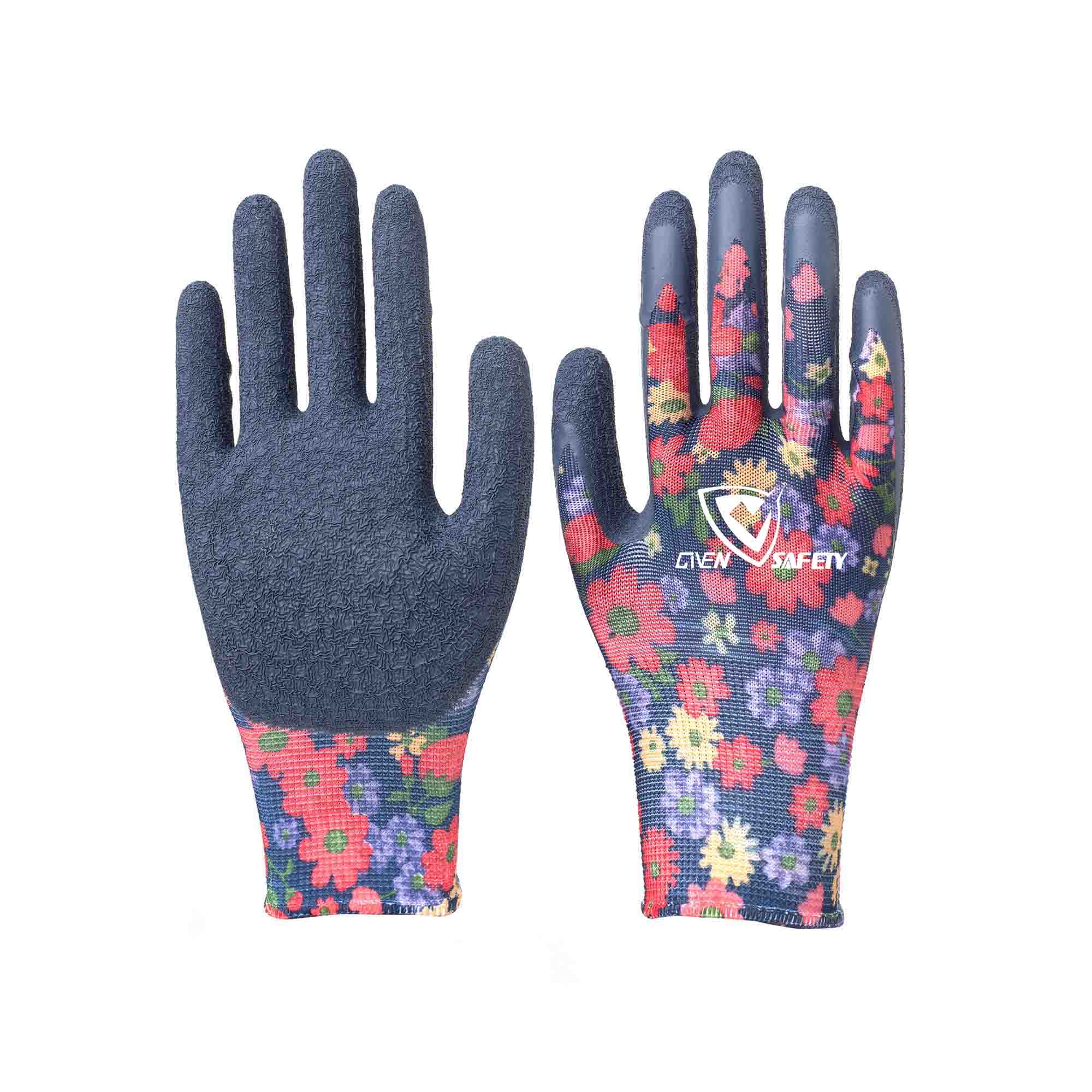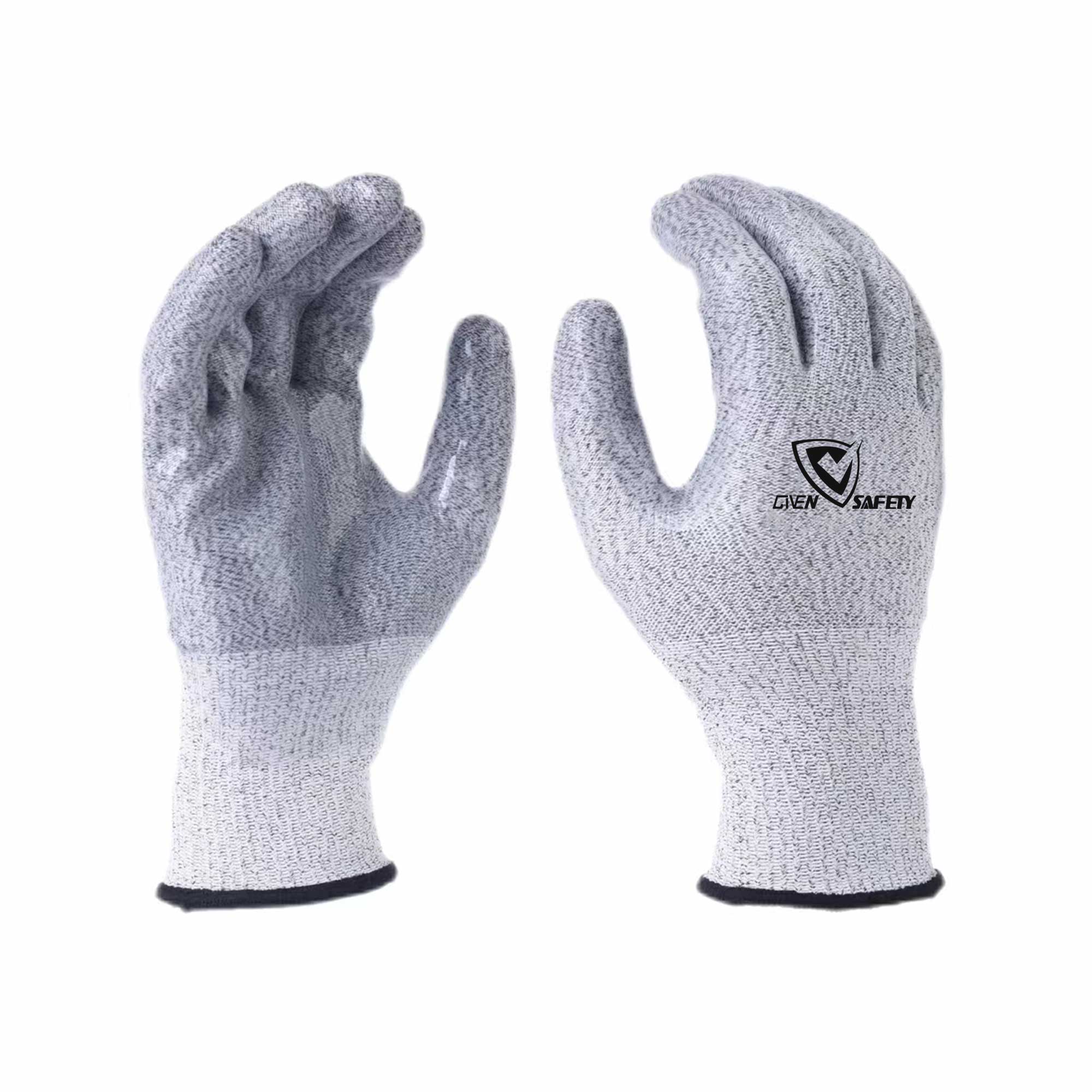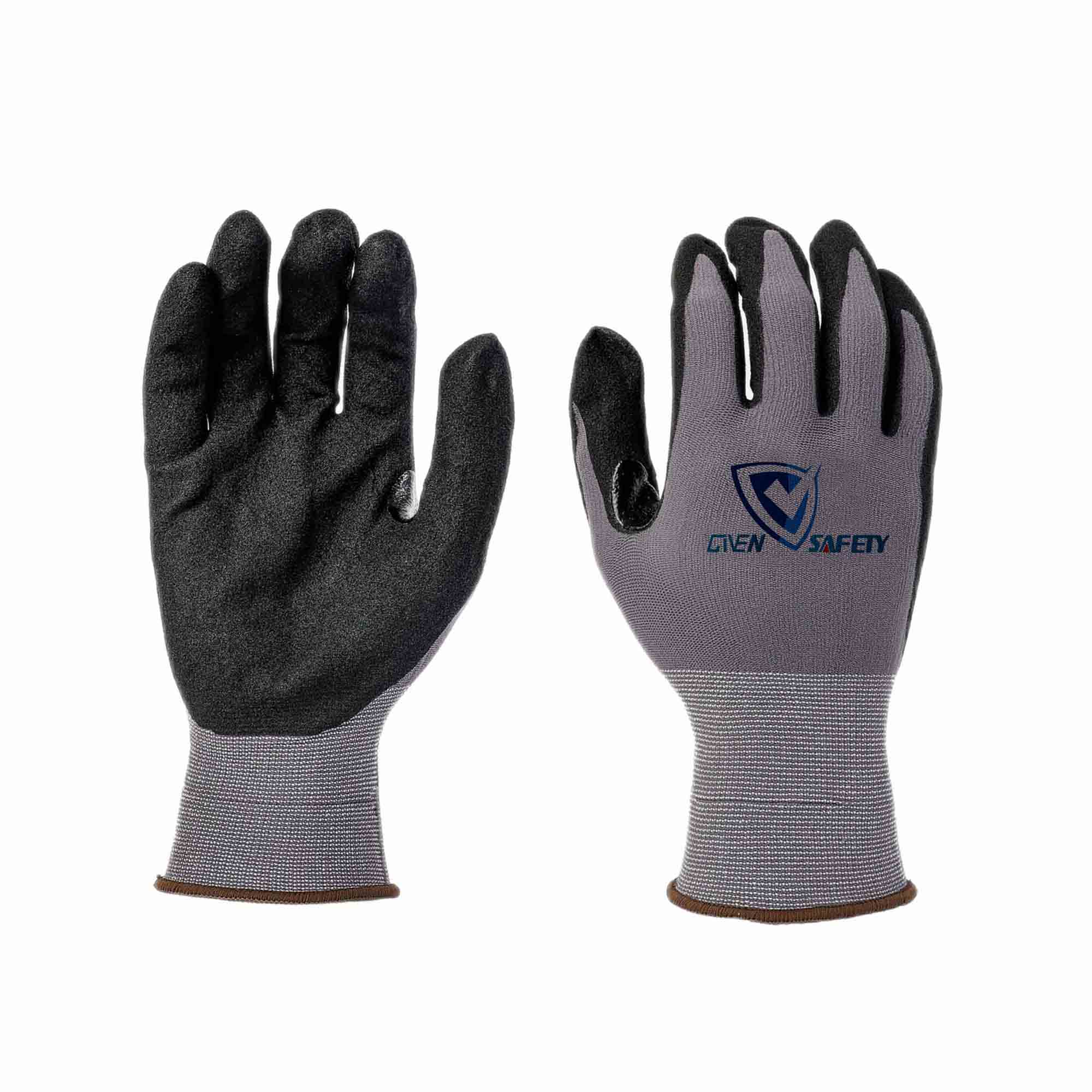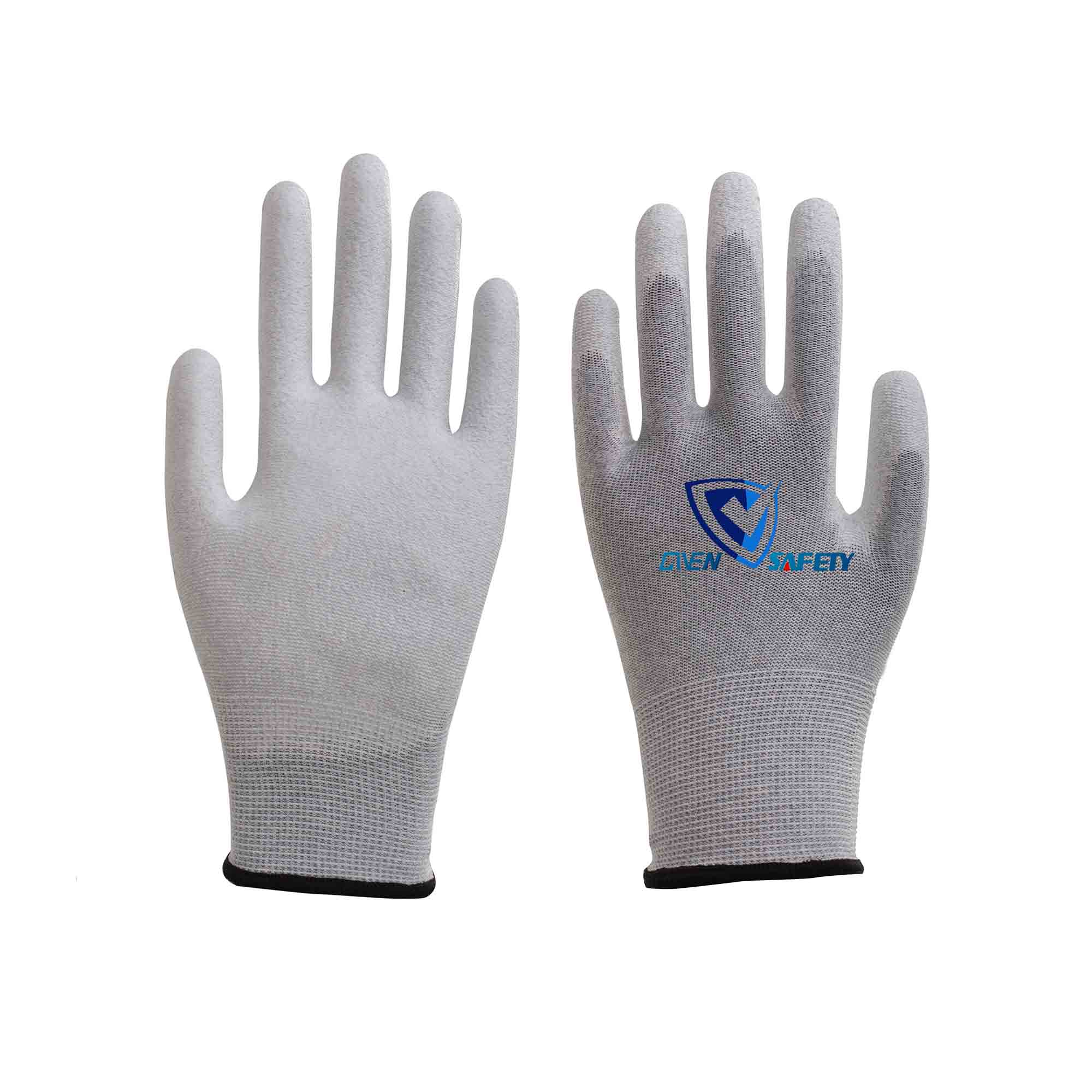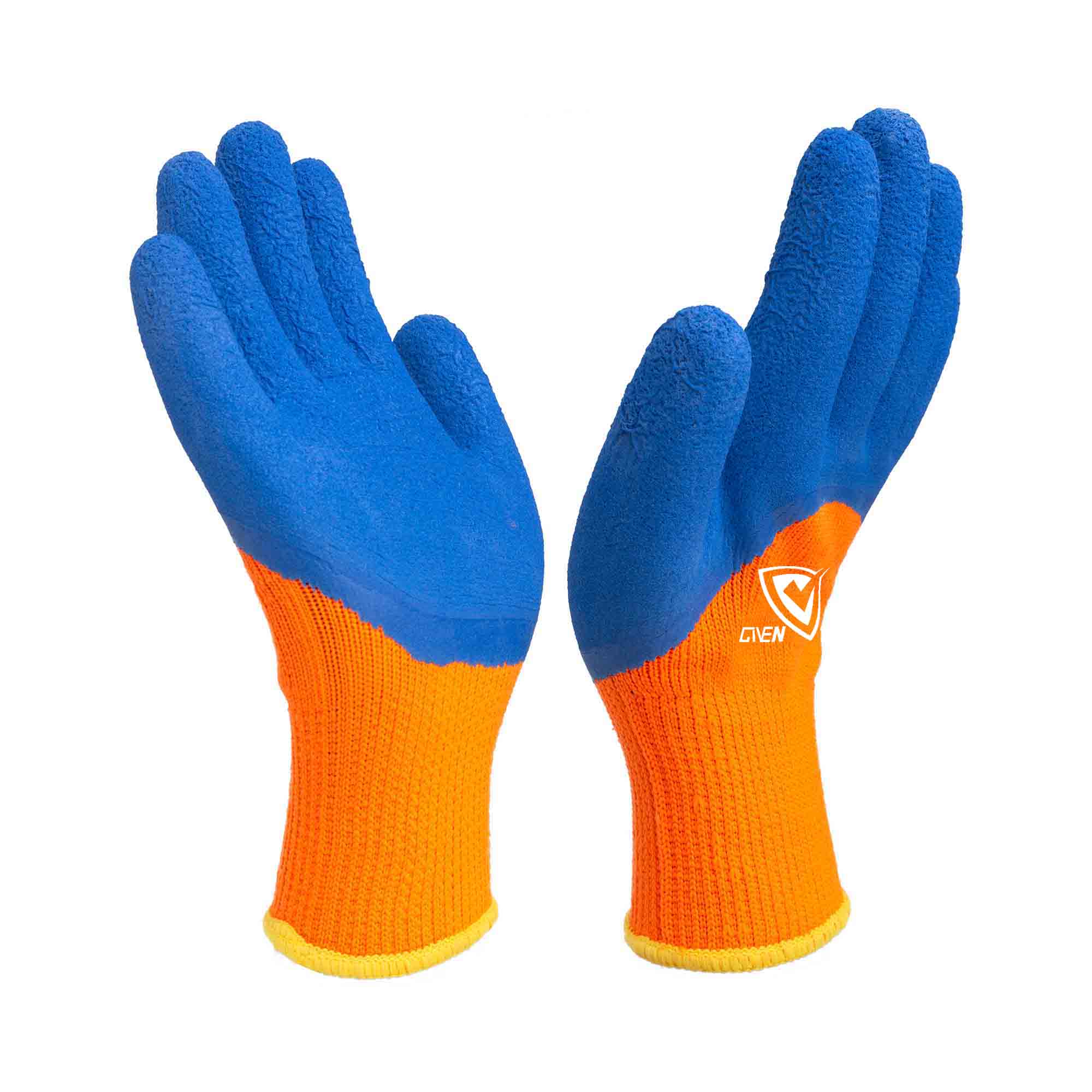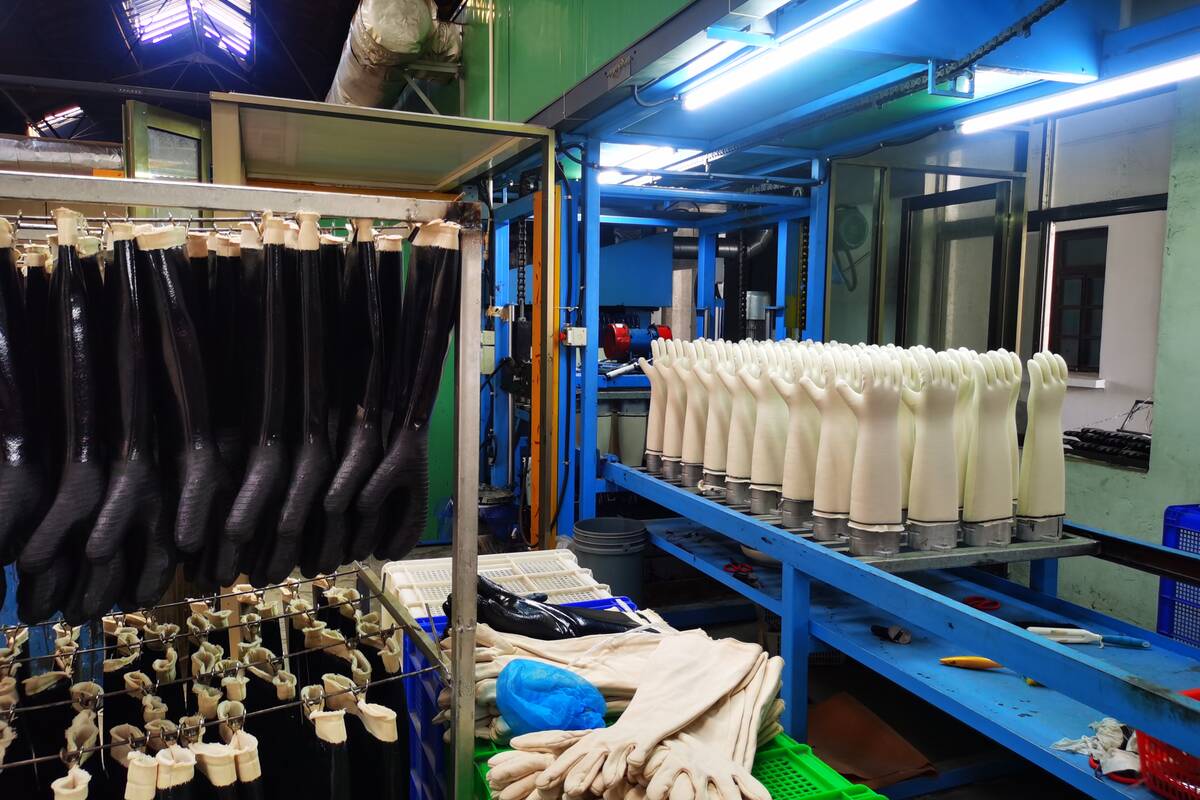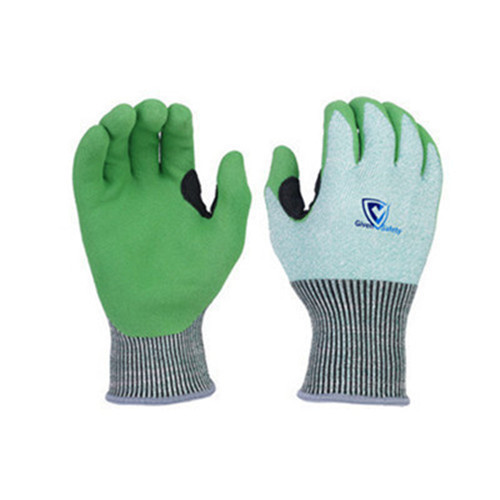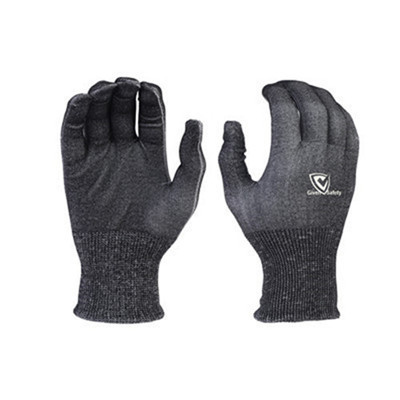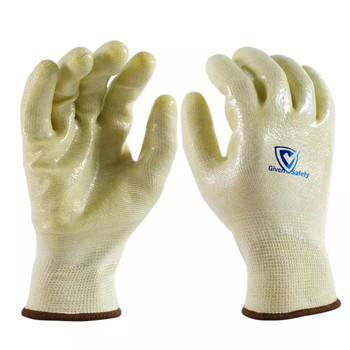Professional work gloves manufacturer & superior gloves company
Advanced hand safety solutions, Wholesale work gloves
Especially proficient in manufacturing various types of work gloves
One-stop safety gloves OEM service,factory direct price
Free samples within 15 days
Custom work gloves, Small quantity orders accepted
Top 10 Work Gloves Manufacturer and Supplier in China
If you want to wholesale or custom different types of work gloves in bulk, then congratulations, you’ve come to the right place.
Givensafety has been OEM for some famous glove brands and the quality of our gloves has been approved by them. As a superior gloves company, you can custom various types of work gloves or safety gloves from us.
One-stop in-house production gives you a greater cost advantage for your work gloves. High quality raw materials and advanced production process make your safety gloves stand out in the fierce competition in the market.
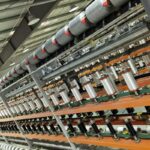
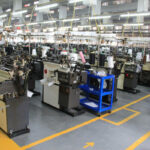
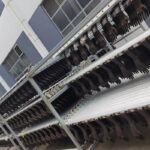
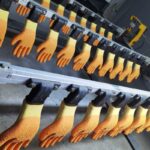

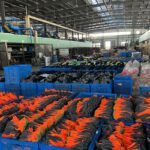
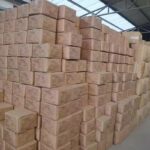
Our work gloves types
Work gloves are very important personal protective equipment (ppe). Our 15 years of experience in glove manufacturing has made us more and more familiar with work gloves for different industries.
You can view the different types of work gloves for different industries in the photo album on the right or in the list below.
If you have a special style or requirement for your work gloves, we can also provide you with a personalized glove customization service.
Industries of work gloves
one-stop OEM service for work gloves
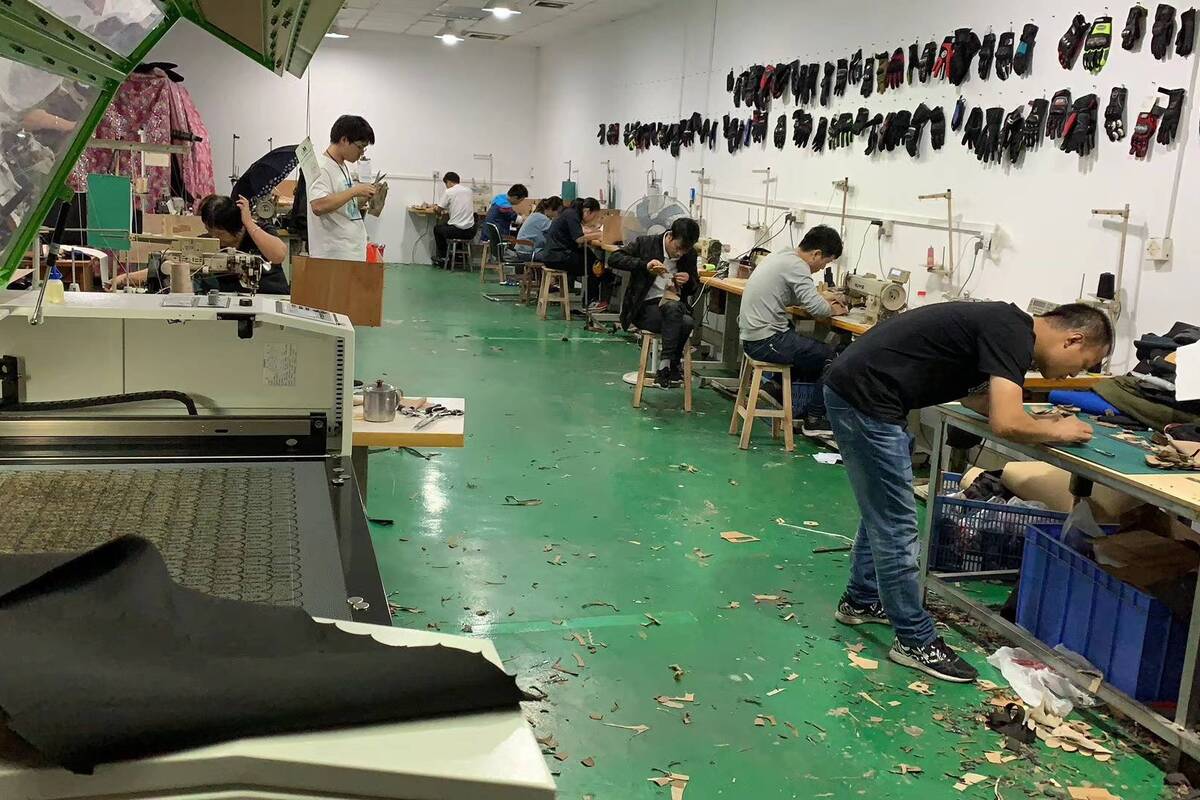
There are too many types of work gloves. To quickly develop a new work glove, a professional and efficient R&D team is essential.
Our R&D staff all have more than 7 years of experience in gloves manufacturing. They are very familiar with the materials, knitting, dipping, colors, patterns, styles, features, functions and applications of all types of work gloves and safety gloves, and can provide high quality free samples within 15 days.
You can tell us your requirements for gloves directly and we will also provide professional advice. Our common goal is to continuously develop new styles of best work gloves or safety gloves that will satisfy consumers.
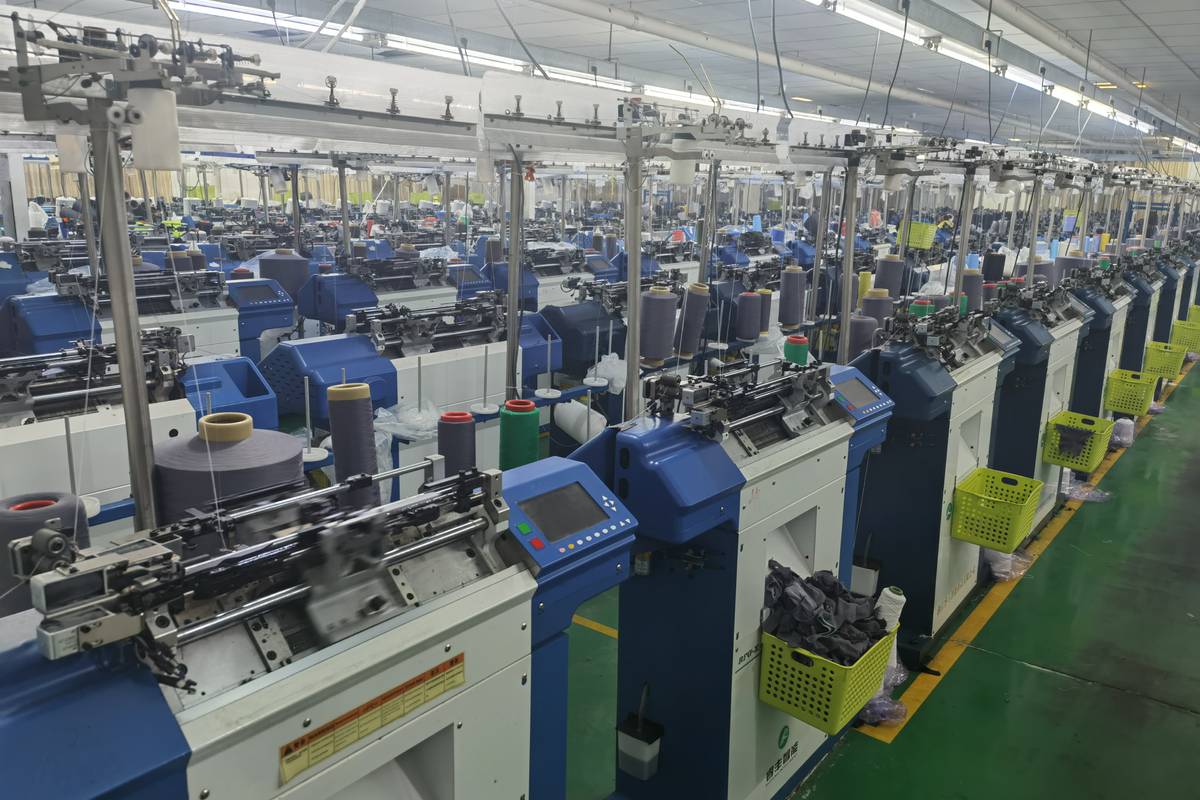
Knitting
Yarns: In order to meet the production demand quickly, we stock different glove yarns, such as nylon, spandex, polyester, fiberglass, steel fiber, carbon fiber, HPPE, aramid, Kevlar, etc. Our gloves yarns are all top quality, for example, level 5 cut resistant gloves, we use 0.035mm steel fiber , finer but stronger, which can reach the cut-proof grade and also make the gloves more comfortable.
Liners: The top quality yarns and stable automatic knitting machines make our glove liners meet different functional requirements and also fit the hand design, giving more comfort to hands. In addition, the yarn covering workshop and knitting workshop are both constant temperature and humidity, which makes our gloves more stable in quality.
Sewing
Many work gloves require sewing, such as jersey liner chemical resistant gloves, impact resistant gloves, leather gloves, etc. Our skilled sewers can do these jobs very well.
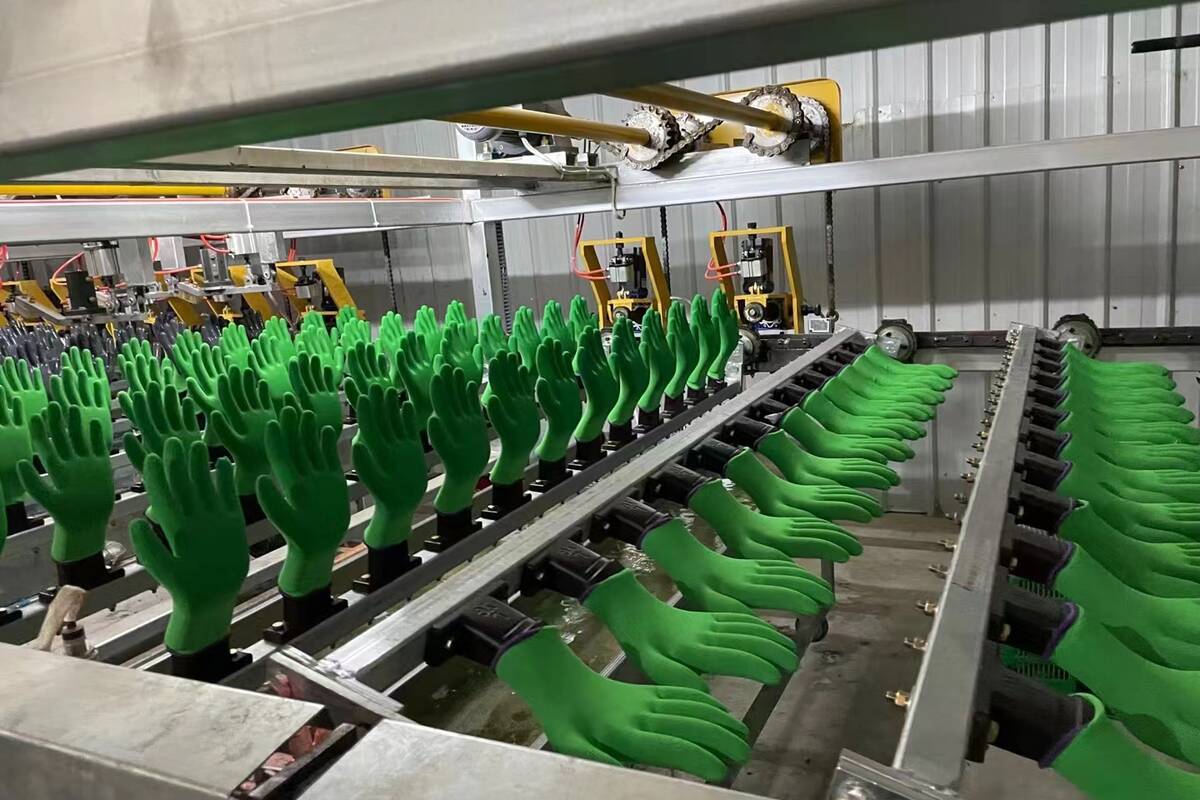
Two key factors of gloves dipping: raw materials, dipping technology.
Top raw materials: we use nitrile from Korea and Taiwan, latex from Thailand and Malaysia, PU from the famous brand PFT.
Advanced dipping technology: Our gloves dipping workers have more than 5 years of dipping experience, they will make the nitrile, latex or PU fused with some additional substances in the best ratio, which will greatly improve the abrasion resistance, tear resistance, chemical resistance, water resistance, grip and other functions of the gloves coating.
The fully automatic gloves dipping line will make the dipping quality more stable. We have also developed a new type of glove coating: silicone coating. Silicone coated gloves are currently a “blue ocean” product that is worth trying.
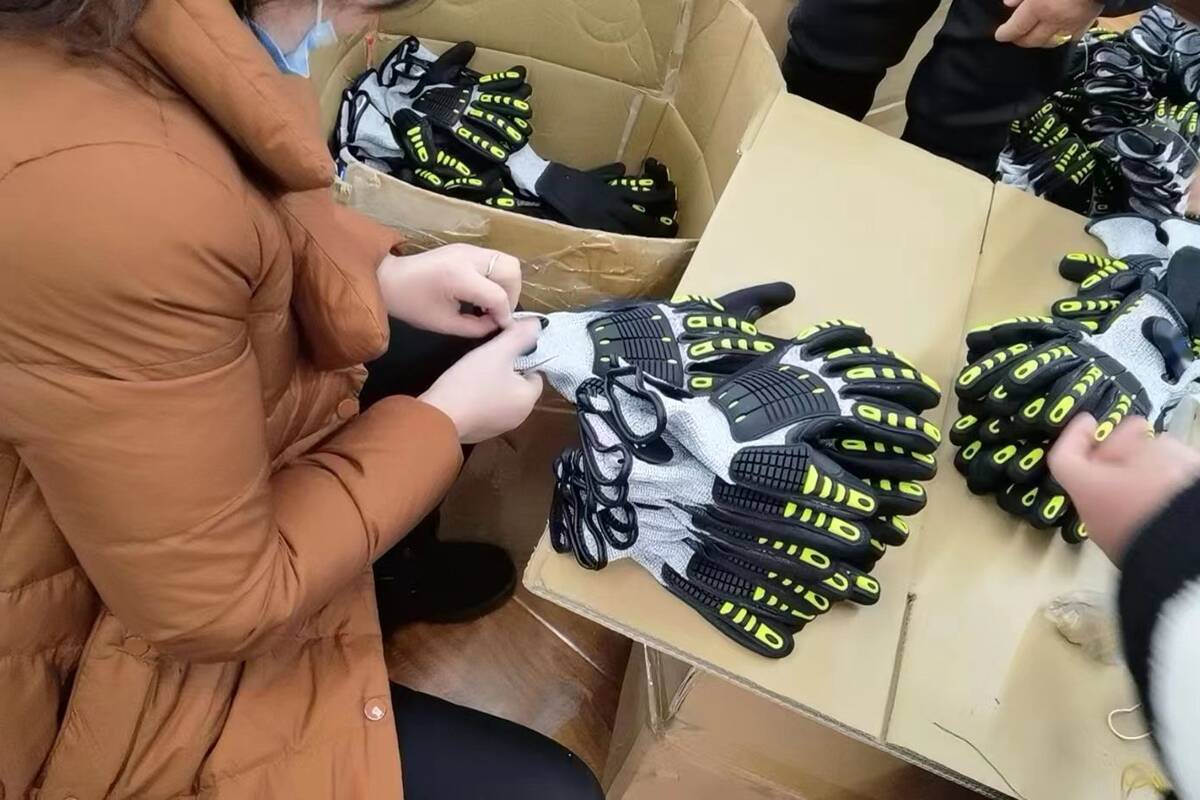
1. Quality is our first work gloves manufacturing belief. We have a strict quality management system, and each production step will have a special person responsible for quality inspection. Combined with it is the reward and punishment system about quality management, the quality of gloves will directly affect their income.
2. We are pursuing a long-term partnership, and glove quality is the most important factor in creating this partnership. As a gloves company for 15 years, we never pursue the number of customers, but only the depth of cooperation.
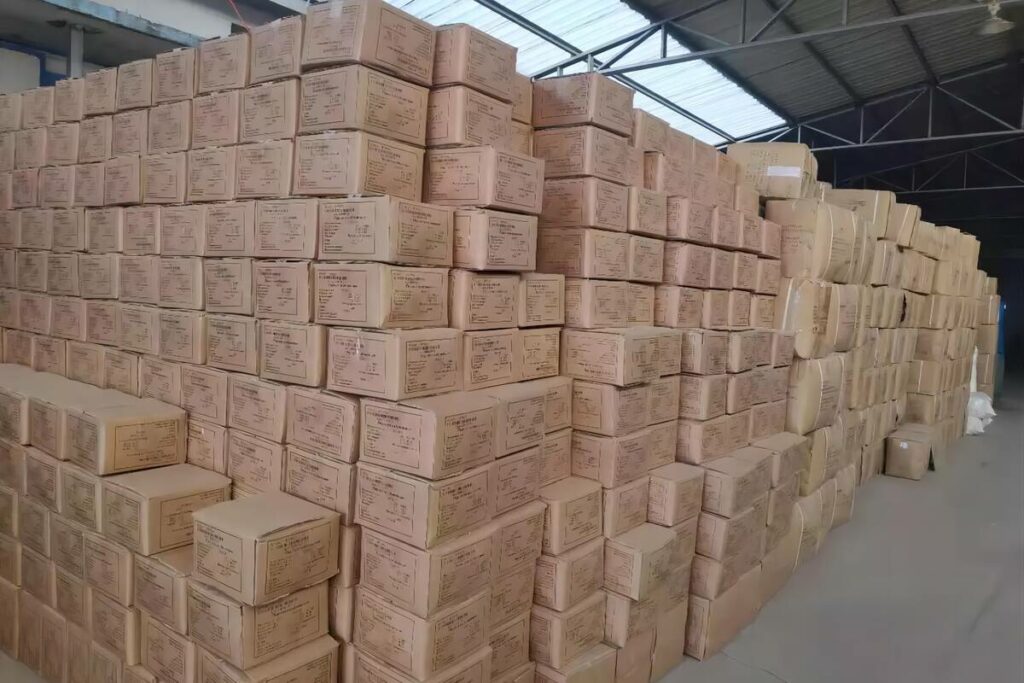
For packing we fully support your requirement, either you are a high-end brander or a big wholesaler in PPE line. All our package material are made of higher quality material.
1. Individually package: We support both transparent OPP polybag and colored polybag. For colored polybag, we also support the design for you. And we usually use 3.5 even 4.5 thickness material to highlight the value of your brand.
2. Individually headcard: We can help you design the headcard based on your brand. For the card paper, we usually use 350g paper in order to make the hang card look more valued.
3. Whether it’s hanging card packaging or individual bag packaging, our packaging workers are skilled employees with more than 5 years of packaging experience. We ensure that each pair of gloves is packaged beautifully.
Excellent service
Quick Response
Our gloves company offers a 7/24 hour online and offline service. You can reach us at any time and get a quick answer to your questions.
Factory direct price
As a superior gloves factory in China, we can provide one-stop service, which will give our gloves a great price advantage. We have better quality gloves for the same price and lower price for the same quality.
free to custom
You have the freedom to customize work gloves to fit your industry and application with different yarns, liniers, coatings, features and designs. Our job is to turn your glove ideas into a real pair of gloves and bring them to market.
Flexible Payment Terms
Various payment terms according to the order quantity. We give TT 60 days or LC 60 days payment support for customers with annual transaction volume of USD 3 million or more.
Real customer reviews



Our gloves Certificates
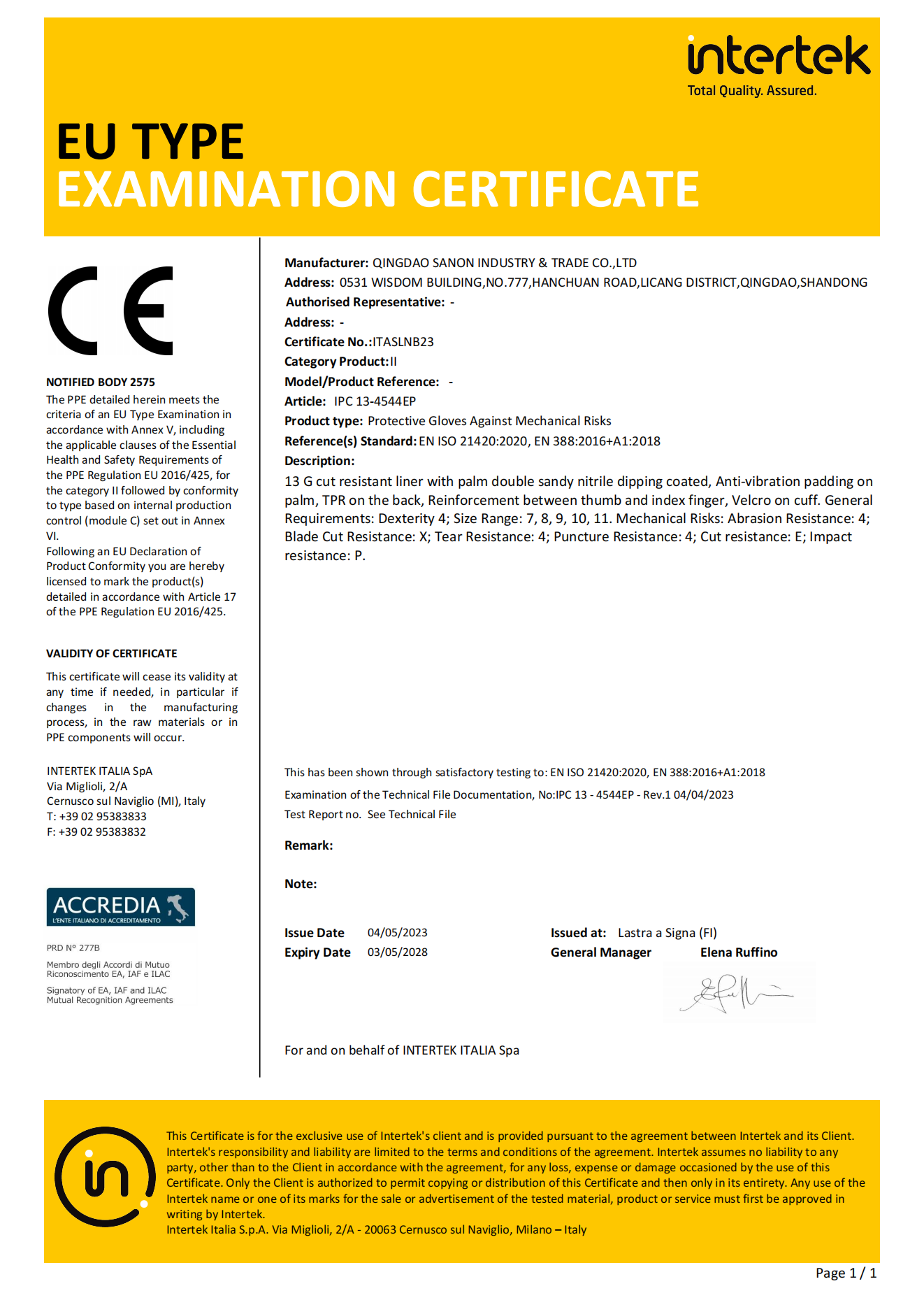
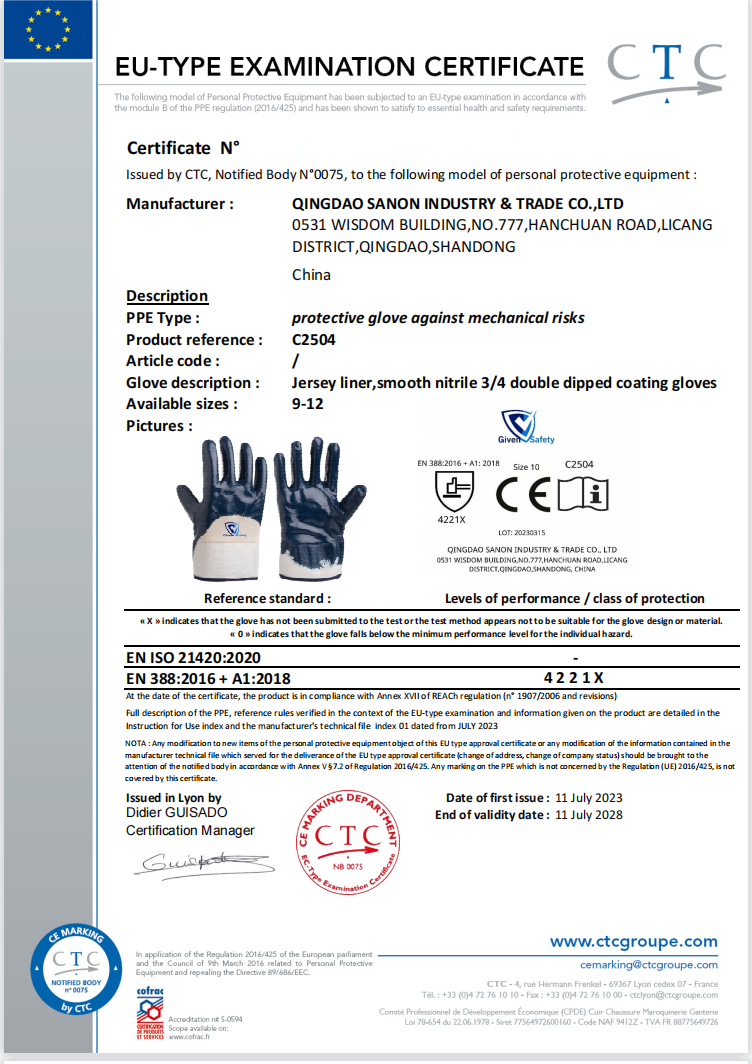
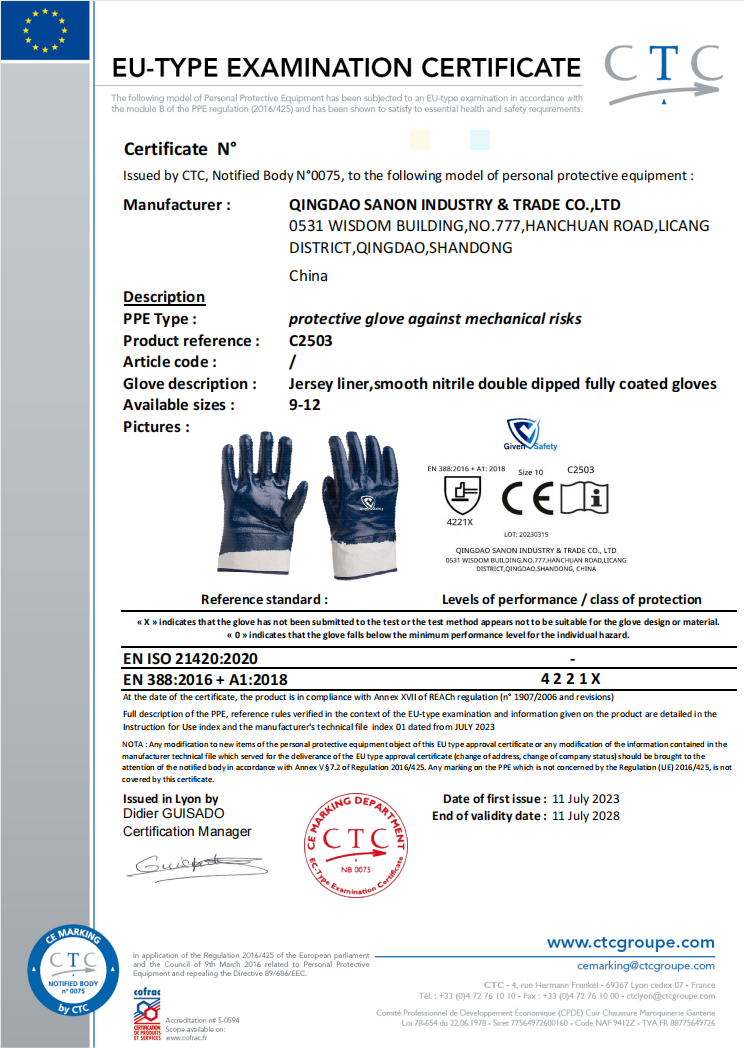
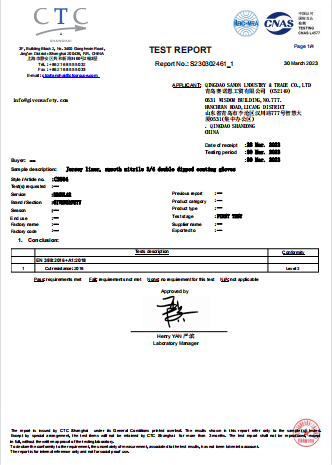
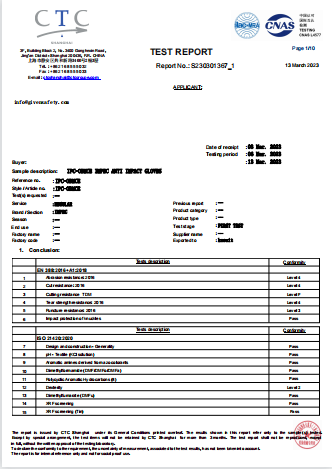
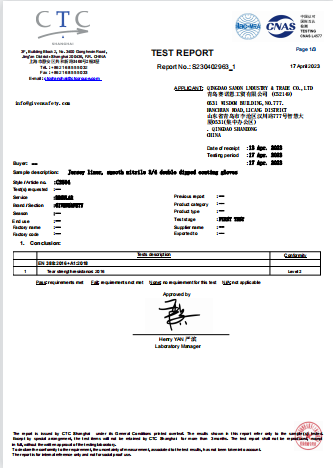
Our Blog
Given Safety
Givensafety is a approved work gloves manufacturer in China, we have been manufacturing various types of work gloves or safety gloves for some famous glove brands and importers. If you are an importer, brand owner or distributor of work gloves and you want to wholesale in bulk or custom your unique work gloves, please feel free to contact us. We will manufacture high quality work gloves for you within your budget with our advanced equipment and extensive experience.

